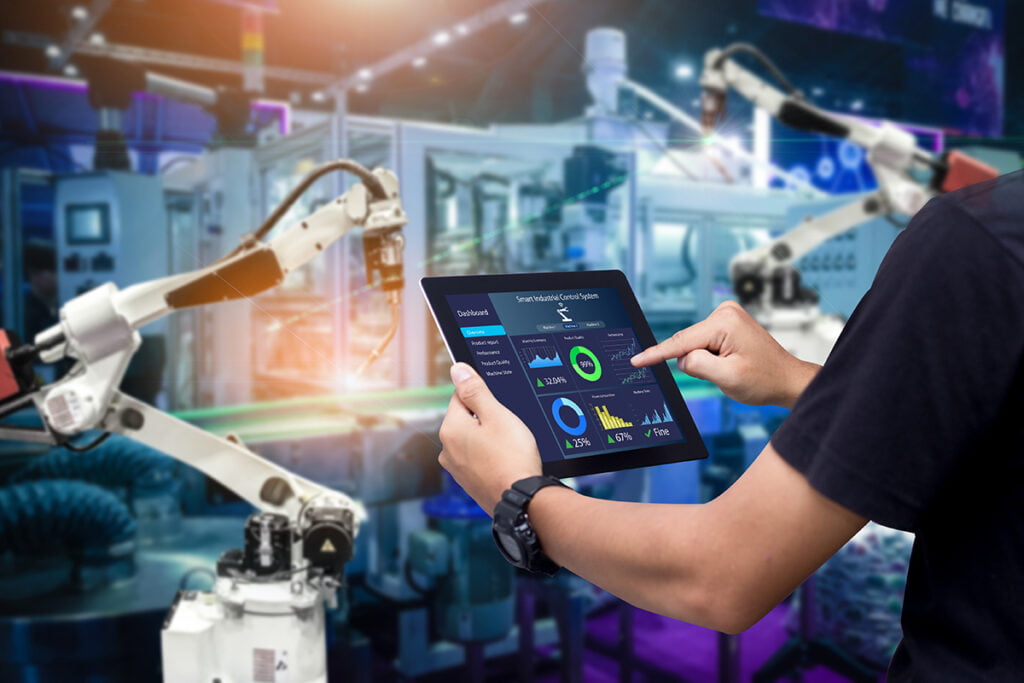Mainland China
Jing-Jin-Ji
Emerging Mega-City Cluster
Foreign companies can leverage this dynamic environment for market expansion, technology partnerships, and research collaboration, positioning themselves at the forefront of China's urbanization and innovation trends.
Integration and Development
The government's emphasis on integrated development and sustainable urbanization in the region offers opportunities in various sectors, from technology and finance to manufacturing and services
Proximity to Economic Centers
As the political and economic heartland of China, this strategic location provides proximity to government agencies and facilitates business interactions, regulatory processes, and policy advocacy.
Key opportunities

The Beijing-Tianjin-Hebei region, presents significant opportunities in the field of smart manufacturing, driven by government initiatives and supportive policies. Made in China 2025 focuses on technological innovation, product quality, and automation, creating opportunities for foreign companies to collaborate in key industries.
Foreign companies can collaborate with local tech startups, research institutions, and established manufacturers to develop innovative solutions and products. Foreign companies interested in smart manufacturing opportunities in Jing-Jin-Ji should perform comprehensive market research, engage with local industry associations, and ensure compliance with Chinese regulations. With the right approach, Jing-Jin-Ji offers a promising landscape for smart manufacturing ventures.

The region fosters a vibrant innovation and startups environment, supported by government initiatives and policies. The region hosts numerous technology parks and startup incubators, such as Zhongguancun Science Park in Beijing. These hubs provide infrastructure and support for startups, making it easier for foreign companies to establish a presence. Foreign companies can collaborate with local startups, sharing knowledge, expertise, and resources.
Joint ventures and partnerships can lead to innovative solutions. The region attracts venture capital and private equity investment, providing opportunities for foreign companies to invest in startups and innovative projects.Jing-Jin-Ji regularly hosts innovation and startup events, expos, and conferences, where foreign companies can connect with potential partners, investors, and customers.

The region is actively modernizing its healthcare infrastructure, with investments in hospitals, clinics, and medical facilities to enhance healthcare accessibility and quality. Jing-Jin-Ji is home to leading research institutions and universities, fostering research and development in healthcare and pharmaceuticals.
Foreign pharmaceutical companies can explore export markets beyond China, leveraging the region’s strategic location and trade connectivity. Collaborating with local healthcare professionals and experts can enhance foreign companies’ understanding of market needs and regulatory requirements. Access to venture capital and government-backed investment programs can aid foreign pharmaceutical startups in securing the necessary funds for research and development.

The region offers a sizable market for sustainable technologies, renewable energy solutions, green infrastructure etc. The governments provide financial incentives, tax breaks, and subsidies for companies investing in eco-friendly and clean technologies. Clear regulations and guidelines support the adoption of sustainable practices and technologies, ensuring a stable business environment.
Joint research and development projects with local organizations can result in innovative green solutions for the region. Being associated with environmentally friendly products and services aligns with growing consumer demands for sustainable options and can enhance a company’s reputation. Companies can participate in green supply chains, providing components and services for local industries transitioning to eco-friendly practices.
Learn about the core areas in the region.

Beijing
Beijing, the capital of China, is a city of profound historical significance and modern dynamism. With a history spanning over 3,000 years, it's a cultural treasure trove. In recent decades, Beijing has experienced remarkable economic growth, and it's now a global technology and innovation hub. It houses Zhongguancun, often referred to as China's Silicon Valley, which fosters startups, tech giants, and research institutions. It offers a unique blend of culture, innovation, and opportunities for foreign companies looking to access China.

Tianjin
Tianjin, a prominent municipality in northern China, is known for its rich historical heritage and thriving modernity. Tianjin serves as an important economic and transportation hub. Tianjin's economic landscape is diverse, encompassing manufacturing, finance, technology, and more. It's renowned for the Binhai New Area, a rapidly developing economic zone, which promotes innovation and entrepreneurship. The city places a strong emphasis on environmental protection, promoting green initiatives and cleaner air.

Hebei
Hebei, a northern province of China, is known for its rich history, diverse culture, and significant economic contributions. It is strategically located close to Beijing, serving as an important part of the country's political, economic, and cultural landscape. Hebei has become a vital part of China's economic engine, with a strong focus on manufacturing, agriculture, and heavy industries. The Xiongan New Area, a new economic zone, is a testament to the province's commitment to economic development and innovation. It is also at the forefront of environmental conservation efforts, striving for cleaner air and sustainable development.
